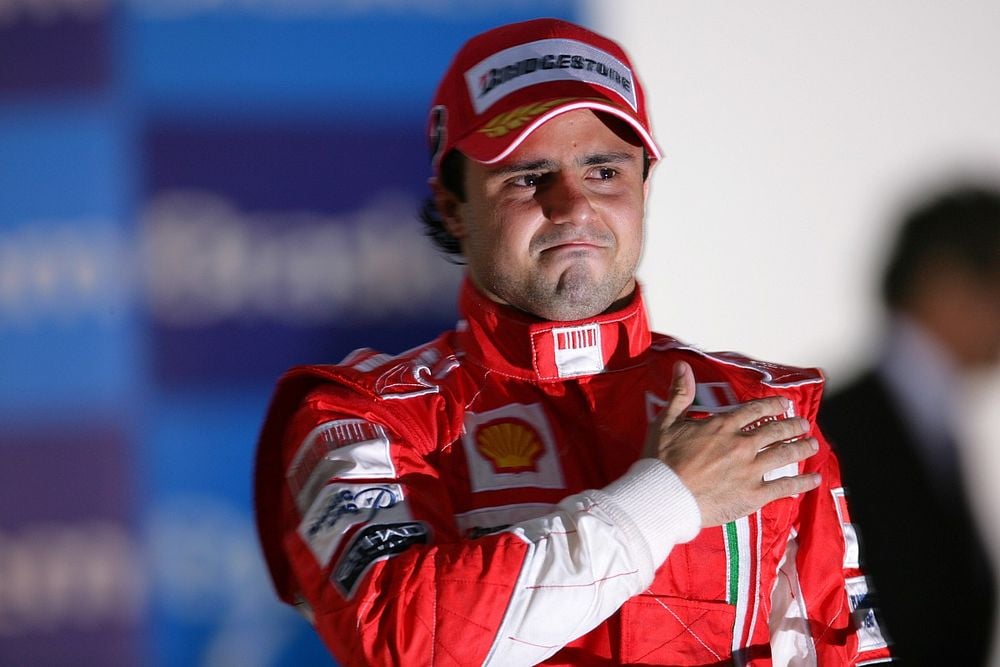In his analysis, Peter Windsor delves deep into the intricate details of Formula 1 history, shedding light on pivotal moments where race outcomes were influenced by regulatory errors and administrative mishaps.

He provides comprehensive context to Felipe Massa’s recent legal action against Formula 1, the FIA, and Bernie Ecclestone, which centers around the controversial 2008 Singapore Grand Prix.
During the 2008 season, Massa found himself in a fierce championship battle with Lewis Hamilton, culminating in a dramatic showdown at the Brazilian Grand Prix.

However, the Singapore Grand Prix earlier in the season emerged as a crucial turning point, marred by Nelson Piquet Jr.’s deliberate crash to aid his Renault teammate, Fernando Alonso. This orchestrated incident dramatically altered the course of the race, robbing Massa of what seemed to be an assured victory and costing him vital championship points.

Ultimately, Massa fell agonizingly short of the championship title, losing out to Hamilton by a single point. The significance of the Singapore incident, coupled with Massa’s narrow defeat in the championship, forms the foundation of his legal challenge, seeking to rectify what he perceives as an unjust outcome.
Drawing parallels to more recent events, Windsor highlights the controversial climax of the 2021 Abu Dhabi Grand Prix, where Michael Masi’s misinterpretation of Safety Car regulations set the stage for a contentious one-lap sprint finish between Hamilton and Max Verstappen. Verstappen’s subsequent victory in Abu Dhabi secured him the championship title, sparking widespread debate and allegations of regulatory mismanagement.

In a thought-provoking conjecture, Windsor suggests that Hamilton might be willing to relinquish his 2008 championship crown to Massa if it meant overturning the outcome of the Abu Dhabi 2021 race. This hypothetical scenario underscores the gravity of the controversies surrounding both incidents and raises profound questions about fairness, integrity, and accountability within the sport.
Moreover, Windsor delves into other instances in F1 history where regulatory errors have influenced race results, such as the premature waving of the chequered flag in the 2018 Canadian Grand Prix and signaling confusion during the 1982 Swiss Grand Prix. These examples underscore the inherent complexities and challenges faced by F1 in administering races effectively, prompting calls for greater scrutiny and accountability.

By examining these historical precedents and regulatory lapses in detail, Windsor underscores the potential significance of Massa’s legal action in addressing past injustices and promoting transparency within the sport. He suggests that Massa’s case could serve as a catalyst for a broader reevaluation of past race outcomes affected by administrative errors, fostering a more equitable and accountable environment in Formula 1.